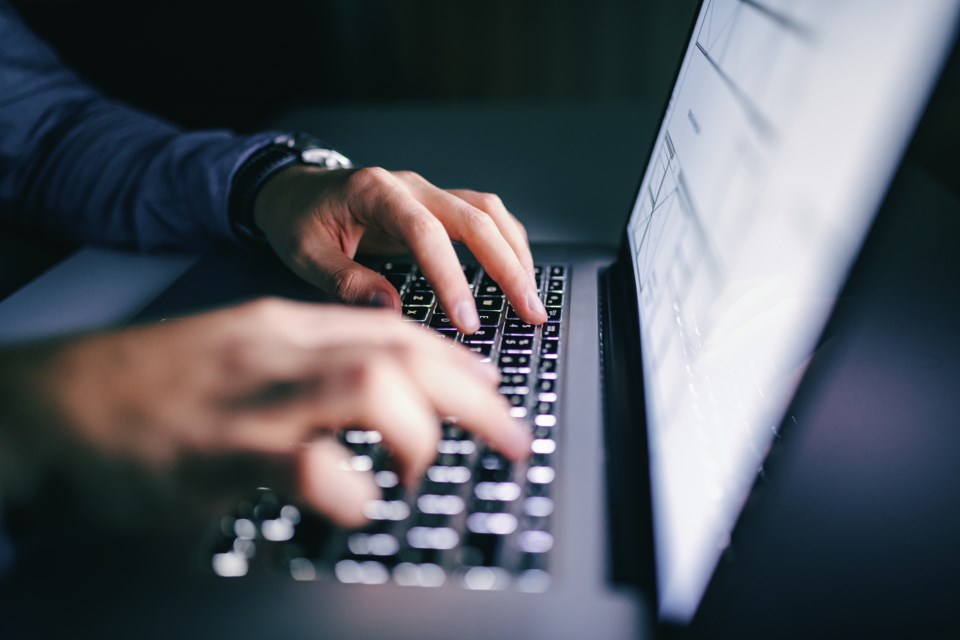The answer is "Yes," however, the existential question is, "Can you live without social media?"
How social media works:
Me: "I prefer mangoes to oranges..."
Random Person (hiding behind an anonymous account): "So basically, what you're saying is that you hate oranges. You also failed to mention pineapples, bananas and grapefruits. Educate yourself!"
You can never win on social media. Are there times when you wonder if the benefits, whatever they may be to you, of being active on social media outweigh the adverse effects of being exposed to all the toxicity it manifests? What motivates you to spend as much time as you do scrolling, posting and commenting on social media? FOMO (Fear of Missing Out)? Wanting to appear relevant? Seeking recognition?
Studies have shown how social media negatively impacts our mood and self-esteem and is creating a generation lacking social skills and unable to develop meaningful relationships. Many people, regardless of age, find creating a persona on Facebook, Instagram, TikTok, and Twitter much easier than navigating the real world as themselves. Gen Z has turned being unengaged with their surroundings and community into a Zen-like thing. Today, many people have the limiting belief they are an introvert and use social media as a crutch to avoid face-to-face interactions.
Without a strong sense of self, it is easy to lose yourself while vying for your place in the world, comparing yourself to everyone's beautiful social media life.
Social media works the way an abuser and manipulator works. Asking if one can live happily without social media implies the person knows social media is hurting them but fears a life without it.
It would be overly simplistic for me to advise, "Deactivate it!", "Delete it!", "Stick to emailing the people who matter to you, asking how they are doing." If you followed this advice, you would be sharing and inquiring without being voyeuristic.
However, we have long passed the point where having a digital presence is optional, especially if you have an ongoing career, a business or are seeking recognition (e.g., artistic endeavour, promoting a cause, running for political office). Conversely, having a digital "presence," which you maintain occasionally, greatly differs from being constantly "active" on social media.
It has become a familiar sight to see people hunched over their phones in social settings, mindlessly scrolling through their feeds, ignoring everyone around them as if what is happening in the digital world is more important than what is happening in the real world.
Your life will not implode if you do not have any social media accounts. However, being completely off the digital grid comes at a price. Imagine 30 years ago not having a telephone. The reason for having one was so people could reach you and vice versa. Nowadays, people prefer to send a message (Facebook messenger, WhatsApp, Twitter direct message, LinkedIn message) rather than call because it is more "efficient."
Think of all the messages you now receive, whether by email, text, or social media, that would have been a telephone call or a letter not long ago.
If you eliminate social media entirely from your life, you offer fewer ways for people to communicate with you. Essentially, you would be severely cutting yourself off from family, friends, professional networks, and the world at large.
Having a social media presence is akin to having a landline telephone back in the day. I recommend having a presence on LinkedIn and Facebook (other platforms are optional) where you connect selectively and have message notifications turned on. Consider the notification ping as your telephone ringing. However, just because you have a social media presence does not mean you have to be active on social media; being inactive offers many benefits.
• You free up considerable amounts of time. (Are we not all time-stressed?)
- You have more control over your personal information and privacy.
- Your mental well-being improves since you will not be comparing yourself to the posturing (flaunting a sugar-coated lifestyle while drowning in debt) typically displayed on social media, causing feelings of self-doubt and inadequacy.
- You will be more social in real life.
- You are less in your head and more in the present moment.
In terms of your professional life, having a social media presence is a necessary evil; otherwise, you will miss out on networking and employment opportunities. Employers rely on social media platforms to advertise job openings and recruit candidates, LinkedIn being the go-to platform. If you are a business owner, promoting your business without a social media presence would make it much more challenging to connect with potential customers.
Not being active on social media is not an act of rebellion; it is you choosing to prioritize your mental health and time, which you will likely find liberating. The key is to convince yourself that not being active on social media will help you follow your own pace of development, with progress and failures. Focusing on yourself first, instead of looking at what others are "supposedly" doing, will foster a sense of self-awareness, which many people lack.
— Nick Kossovan, a self-described connoisseur of human psychology, writes about what's on his mind from Toronto. You can follow Nick on Twitter and Instagram @NKossovan
SASKTODAY.ca is Saskatchewan's home page. Bookmark us at this link.




